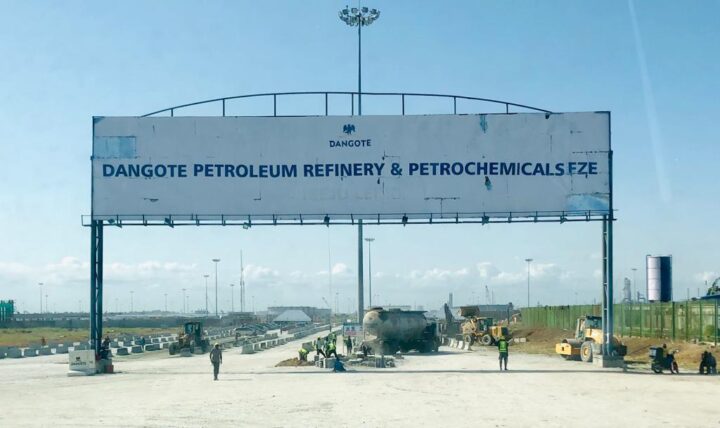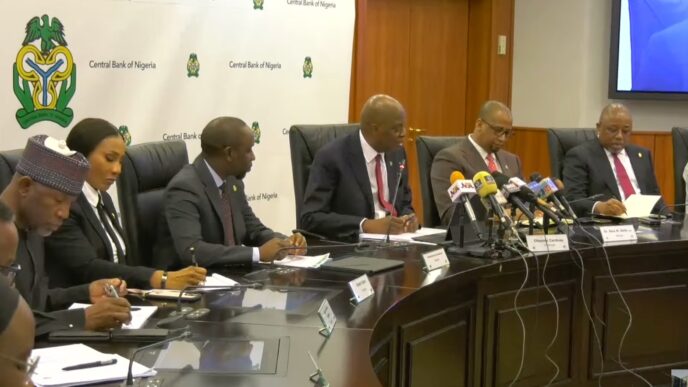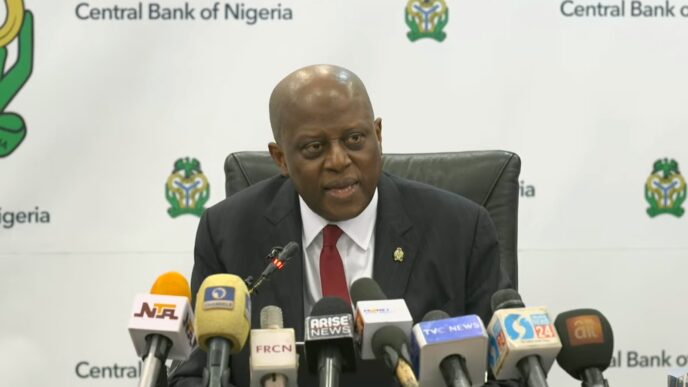The Lagos Chamber for Commerce and Industry (LCCI) says the reduction of the ex-depot price of petrol by the Dangote refinery reflects the firm’s readiness to meet local demand.
On November 24, the Dangote refinery announced a reduction in its ex-depot price of petrol to N970 per litre for oil marketers.
The company said the move was the refinery’s way of appreciating Nigerians “for their unwavering support in making the refinery a dream come true”.
Reacting to the gesture in a statement on Monday, Chinyere Almona, director-general (DG) of LCCI, said the development offers critical relief amid Nigeria’s prevailing economic challenges.
Advertisement
Almona said the reduction also sets a benchmark for innovation and excellence in the country’s energy sector.
“With the Monetary Policy Rate (MPR) at 27.25% (and likely to rise following the November MPC meeting), persistent inflation at 33.88%, a depreciated currency trading above ₦1,690 to the dollar, and an unemployment rate of 4.3% in Q2 2024, the recent reduction in petrol prices facilitated by the Dangote Refinery is highly commendable,” the LCCI DG said.
“This development reflects a significant demonstration of capacity and readiness to meet local petrol demand, offering much-needed relief amid prevailing economic challenges.
Advertisement
“The Dangote Refinery’s proactive approach to addressing energy challenges deserves widespread recognition and encouragement as it sets a benchmark for excellence and innovation in Nigeria’s energy sector.”
Highlighting the broader implications of the reduction, she said petrol prices could fall even further if the government ensures that crude supply to local refineries is priced in naira.
“With local fuel becoming more competitive and readily available, Nigeria can completely discontinue fuel importation,” Almona said.
“We can only begin to imagine the massive savings for the government and a lessening of the burden on the citizens when we begin to save billions of dollars from the total removal of subsidies, zero debt to fuel importers, and no more queues and loss of man-hours at our filling stations.”
Advertisement
According to the LCCI boss, this vision can be achieved if the government demonstrates political will and implements effective economic policies to advance reforms in the oil and gas sector.
‘CONTROVERSIES WITHIN OIL, GAS INDUSTRY EASING’
Almona also said the controversies surrounding business relationships within the oil and gas industry are steadily easing, fostering a sense of stability in the sector.
She, however, acknowledged that the confusion and disruptions in recent months have had a significant impact on the economy and will take time to fully resolve.
Advertisement
“Regrettably, these disruptions were avoidable. We emphasize that the oil and gas sector is crucial to the nation’s economic stability and growth. It is, therefore, imperative that the sector is managed with greater efficiency and foresight to prevent such challenges in the future,” she added.
“The chamber has expressed serious concerns about the recent increases in fuel prices, which have left businesses struggling to cope with the escalating energy costs.
Advertisement
“These rising costs have rendered many products uncompetitive due to unaffordable consumer prices. Energy price hikes remain a significant driver of Nigeria’s headline inflation, which stood at 33.88% as of October 2024, further straining the economy and households.”
Almona said fully deregulating the oil and gas sector and implementing the Petroleum Industry Act (PIA) could lead to more effective management of the industry.
Advertisement
This, she said, could attract essential investments and create more jobs as more operators join the market.
The director-general said it could also increase oil production, adding that such developments would ease the demand for foreign currency and boost the government’s foreign exchange earnings.
Advertisement
Add a comment










